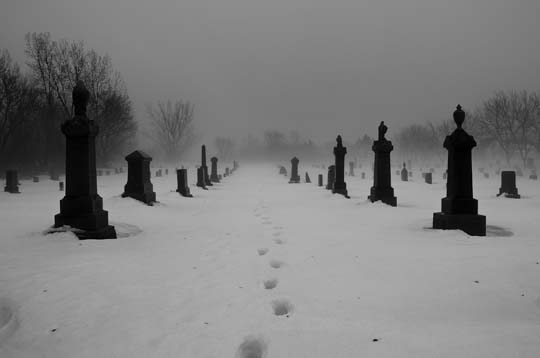Why Obituaries Contain Hidden Family Trees
| Tweet |
|
In fact, most families have published family trees; it is just not recognized as such. That’s because most people expect to see family trees in a certain format. When it is presented in a different format, people often do not recognize it.
Where do you find these hidden family trees? Try looking at an obituary. An obituary can provide a wealth of information about families, not just information about the deceased.
Most obituaries can be divided into two parts. The first part talks about the deceased and the second part often talks about the family of the deceased.

Obituaries really are an underappreciated source of information for someone trying to construct their family tree. A surprising number of people researching their ancestors carefully study statements about the deceased and then give only a cursory glance to the names of family members listed in the obituary.
A listing of immediate next of kin in an obituary can provide an excellent base for creating a family tree. This is because obituaries often list parents, brothers, sisters, nieces, nephews, children and grandchildren. A typical obituary lists two or three generations of a family.
Even though the information in an obituary is not laid out like a family tree, it serves the same purpose. Obituaries have other advantages for someone looking to construct a family tree:
• Obituaries tend to be fairly accurate and complete as they are usually written by a close family member.
• Obituaries are one of the few documents where family secrets are laid to rest. Often family connections that are not revealed when a person is alive (such as the presence of a black sheep in the family) are laid bare in an obituary. How many times have you read an obituary and asked yourself a question like “I never knew he had a brother” or “I never realized that was her second marriage”? Probably fairly often.
• Surprisingly, obituaries are also an excellent source for finding living relatives. Not everyone is on Facebook or LinkedIn and some people (especially older people) don't use the internet. Other people deliberately try to keep a low internet "footprint". Surprisingly, these people are often mentioned through online obituaries. So the next time you use the free Genealogy Search Engine, try looking for a living relative. You might be surprised by what you find.
It really pays to look at obituaries. Not only do they provide clues about the deceased, they also provide excellent leads about the family of the deceased. Stitching together the names found in even a couple of obituaries can create the foundation for a pretty good family tree. The next time you read an obituary, read about the living as well as the dead.
How to Search for an Obituary:
Searching for an obituary is the same as searching for any other type of genealogy record. You need at least a name and preferably also a place and a rough idea of the date of death.
To learn how to get the most out of our Genealogy Search Engine for obituary searches (or any other type of ancestral search), try reading the article A Guide to Performing Online Genealogy Searches.
Although there are no direct ways to search for just obituary records by themselves, you can narrow the field by including some expressions common in obituaries in your search. For example adding the words "passed away" in your search term should eliminate most records that are not obituaries.
An example would look like this:
John Smith boston 1895..1900 "passed away"
You May Also Like:
The Key to Understanding Family Relationships

